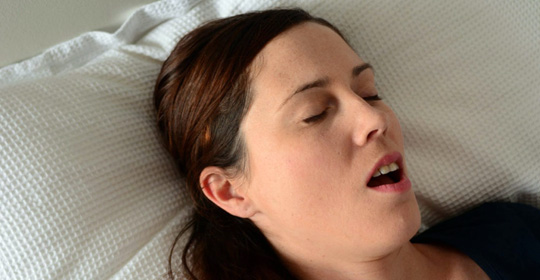
Women and OSA (Obstructive Sleep Apnea)
According to the National Sleep Foundation, sleep apnea affects more than 18 million Americans. The classic stereotype of someone suspected of having obstructive sleep apnea is middle-age, overweight, a thick neck and male. The common symptoms are snoring, excessive daytime sleepiness and witnessed lapses in breathing during sleep.
Sleep apnea in women is related to age, weight gain and hypertension (high blood pressure), but generally not to daytime sleepiness. Women have more subtle breathing disturbances and may present with symptoms that suggest something other than sleep apnea. For women, the following conditions are often diagnosed in place of sleep apnea: anemia, depression, fatigue, insomnia, fibromyalgia, hypothyroidism, obesity and menopausal changes to name a few.
Be certain to have a conversation with your healthcare professional to investigate the possibility of undiagnosed obstructive sleep apnea. The quantity of your sleep and quality of your life depend on it. Left undiagnosed and untreated, sleep apnea can result in memory problems, weight gain, diabetes, headaches, high blood pressure and other cardiovascular disease.
